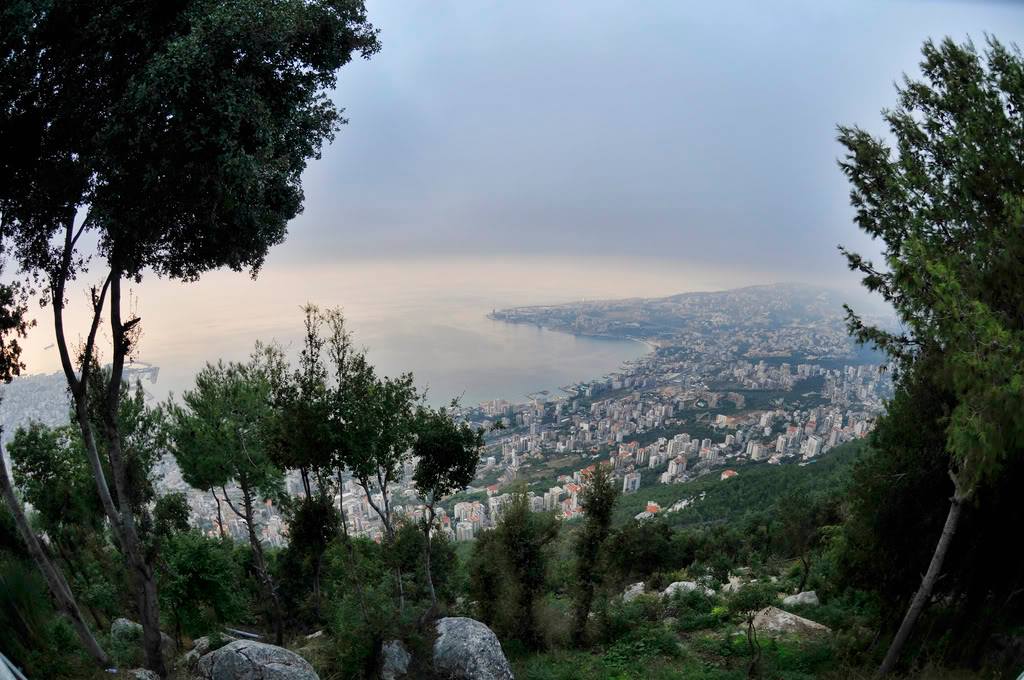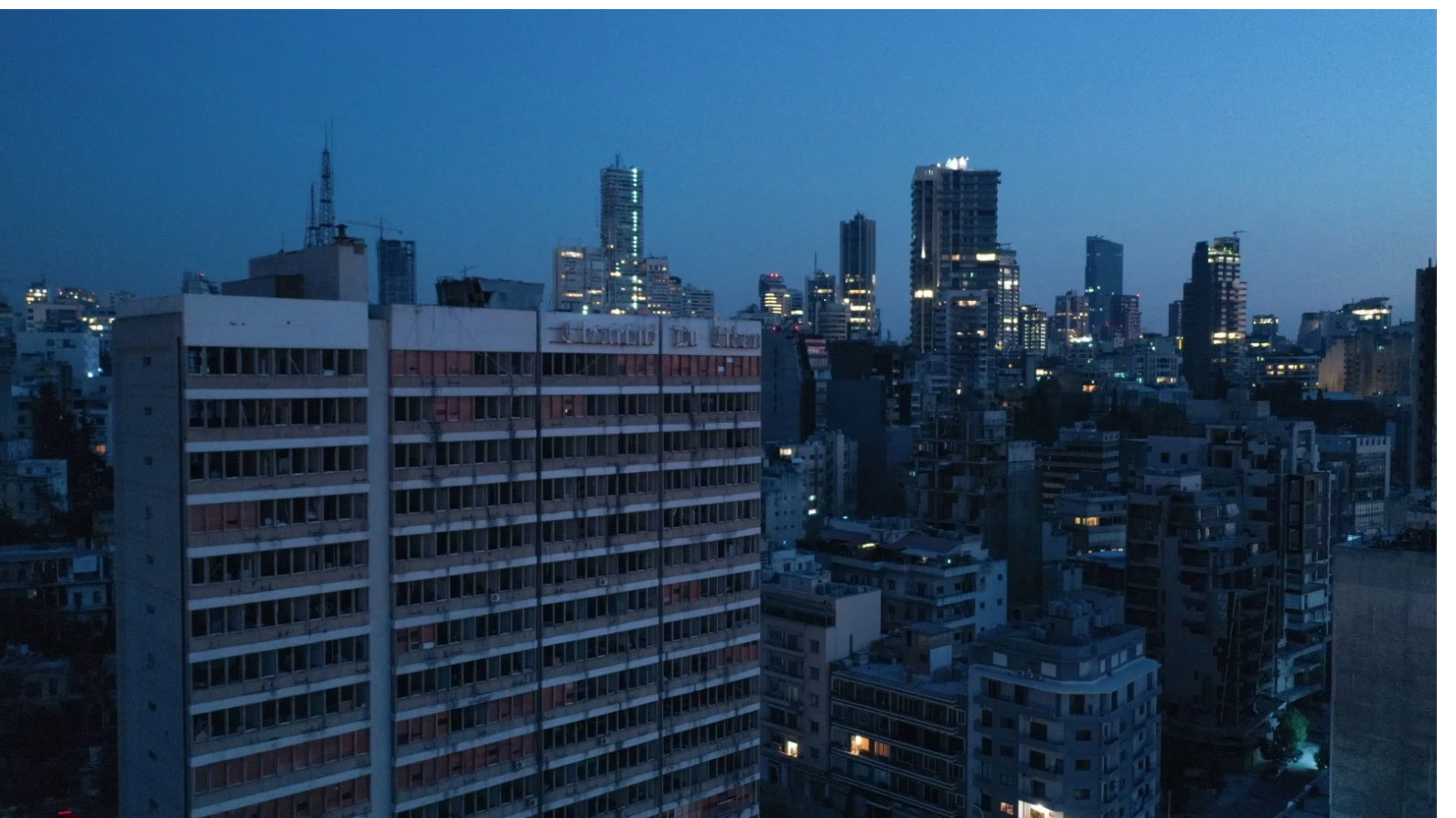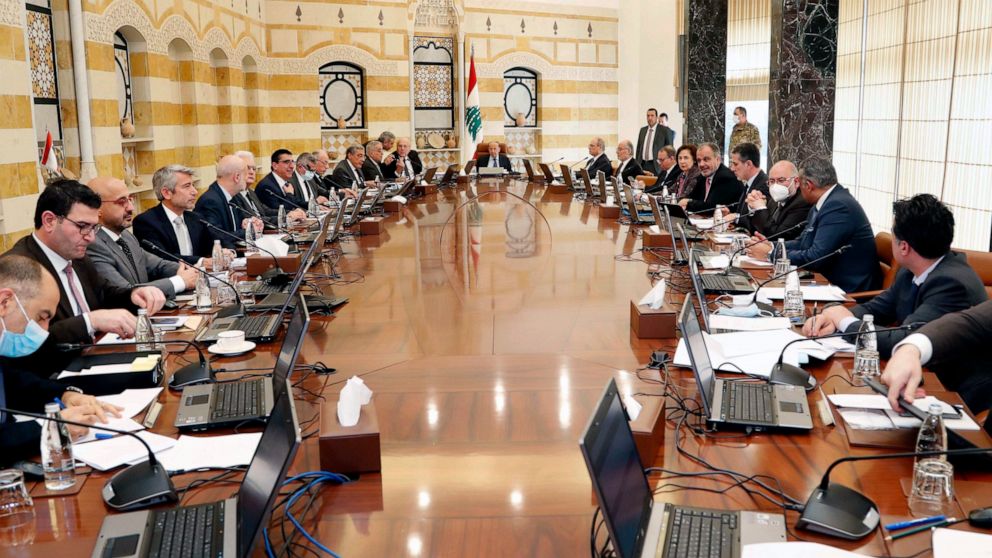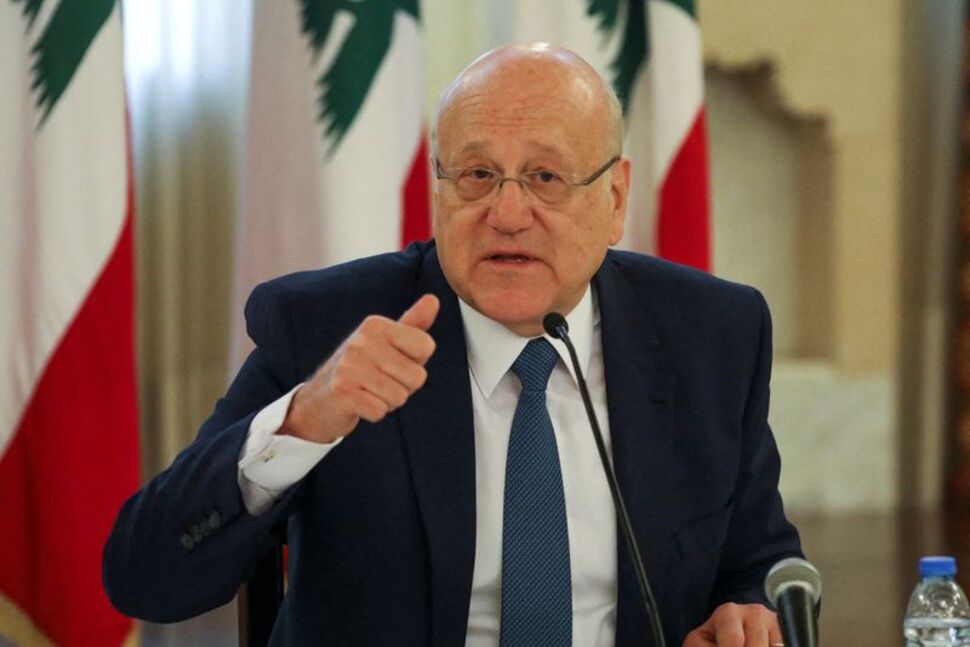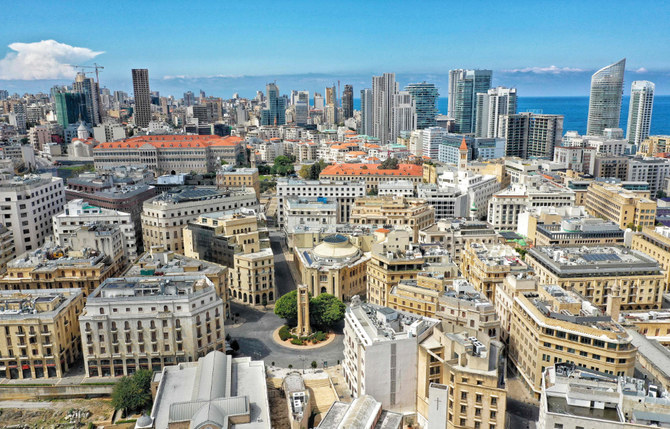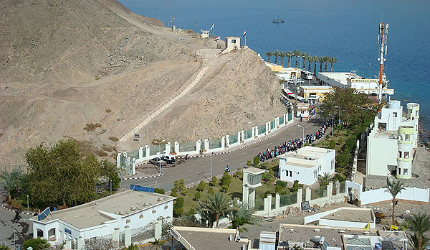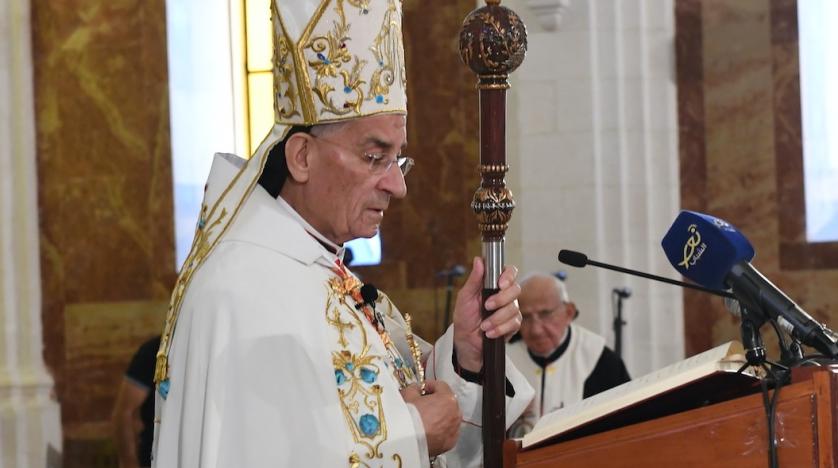
by aawsat.com — Beirut – Asharq Al-Awsat Lebanon’s Maronite Patriarch Beshara al-Rai called for the formation of a new government, asserting his rejection of a “caretaker government,” “constitutional vacuum,” and “presidential vacancy.” Speaking after the Maronite Church’s Synod of Bishops’ spiritual exercise, Rai called on civil and political officials to resolve the issue of the government and prepare for electing a new president without delay. Rai said it is time to decide whether “we are worthy of this nation and its pluralistic composition.”
He indicated that the political parties are irresponsible and disregard people’s sufferings and the fate of Lebanon.” “This is a delicate stage that calls for choosing a credible prime minister who has the experience, knowledge, and wisdom in public affairs capable of forming a cabinet with the President of the Republic as soon as possible to take urgent decisions, the first of which is to initiate vital and expected reforms,” asserted the Patriarch. He called on the international community to help Lebanon by finding a solution to the presence of Palestinian refugees and displaced Syrians on Lebanese soil, stressing that “the human and brotherly feelings that we have for these two brotherly peoples do not nullify the national thinking in the interest of Lebanon.”
Rai noted that it could not be accepted that many parties, especially at the international level, consider refugees and displaced persons a reality that must be adapted to the point of integration, settlement, and naturalization. He wondered how some countries can claim they are keen on maintaining Lebanon’s independence and stability while they work to undermine its unity. “This is a destructive logic that will inevitably undermine Lebanon’s unity and force us to confront it to save Lebanon’s entity, its current constitution, and its charter formula.” He called on the Lebanese state to make an exceptional effort by negotiating with the Palestinian Authority, the Arab League, the United Nations, and major countries to redeploy the refugees in countries capable of accommodating them. He also stressed that the time has come for the displaced Syrians to return and build their homeland.
